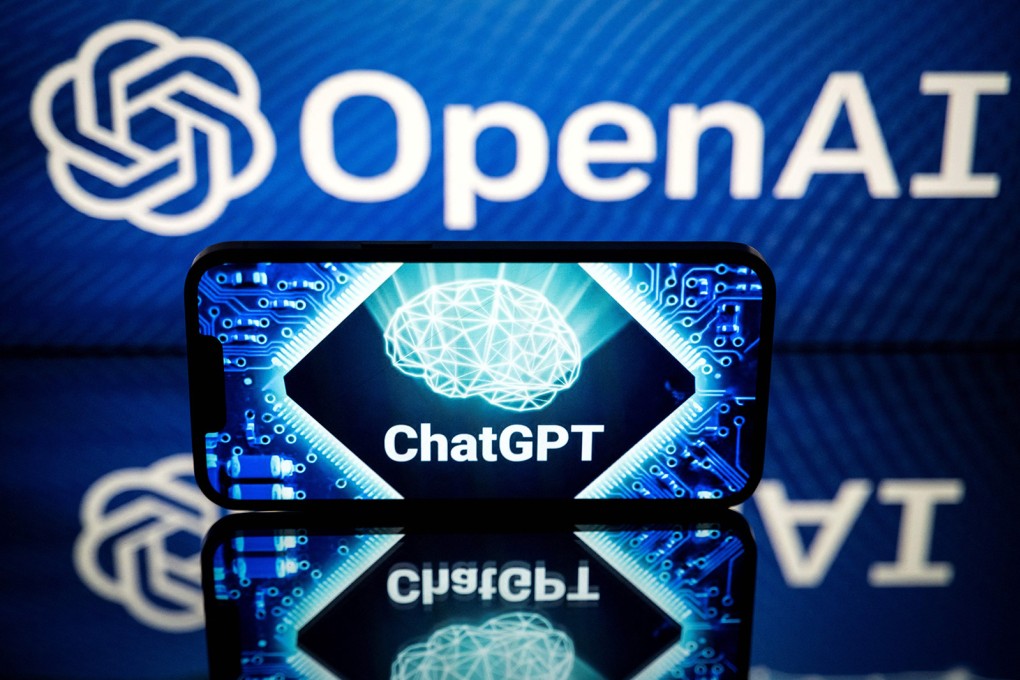China’s cyberspace chief raises concerns over the power of generative AI, pledges to make it ‘controllable’
- Zhuang Rongwen, director at the Cyberspace Administration of China, wants to ensure chat bot technology is ‘reliable and controllable’
- The CAC has published a list of 41 generative AI algorithms which have been ‘registered’, a pre-screening step before being officially licensed

China’s top internet regulator has expressed concerns over the power of generative artificial intelligence (AI) and its potential for disruption, reflecting Beijing’s balancing act in trying to leverage but also control ChatGPT-style technologies.
Zhuang Rongwen, director at the Cyberspace Administration of China (CAC), the agency in charge of generative AI regulation, said on Monday that generative AI could affect every aspect of society and daily life, and that it was creating a new challenge for internet governance.
“[We need to] make sure AI is reliable and controllable,” Zhuang told the Nishan Dialogue on Digital Civilisation in Qufu, a city in the eastern province of Shandong, the birthplace of ancient Chinese philosopher Confucius. The event is hosted by the World Internet Conference, a China-backed agency to promote Beijing’s view and governance model of the internet.
Zhuang said Beijing was particularly concerned about data used in generative AI, “the black box [nature] of the [large language] models”, and privacy.
The CAC has yet to issue any official permit or licence for any generative AI product in China’s market of 1 billion internet users, even as the country’s Big Tech firms, including search engine Baidu and Alibaba Group Holding, are rolling out ChatGPT-style services on a “trial” basis. (Alibaba owns the South China Morning Post).
Zhuang’s agency has published a list of 41 generative AI algorithms which have been “registered”, a pre-screening step before being officially licensed. All generative AI algorithms and products must go through security testing and review by the CAC before they can be publicly released.
Microsoft-backed OpenAI launched its conversational bot ChatGPT last fall. The AI chatbot’s ability to giving text responses to complex human queries sparked a global AI race to develop similar technologies. However, the popularity of ChatGPT has put Beijing in a difficult position. On the one hand, China views AI as a technology of the future, but on the other hand, the government is trying to tame the technology so that “unwanted” information will not be generated.